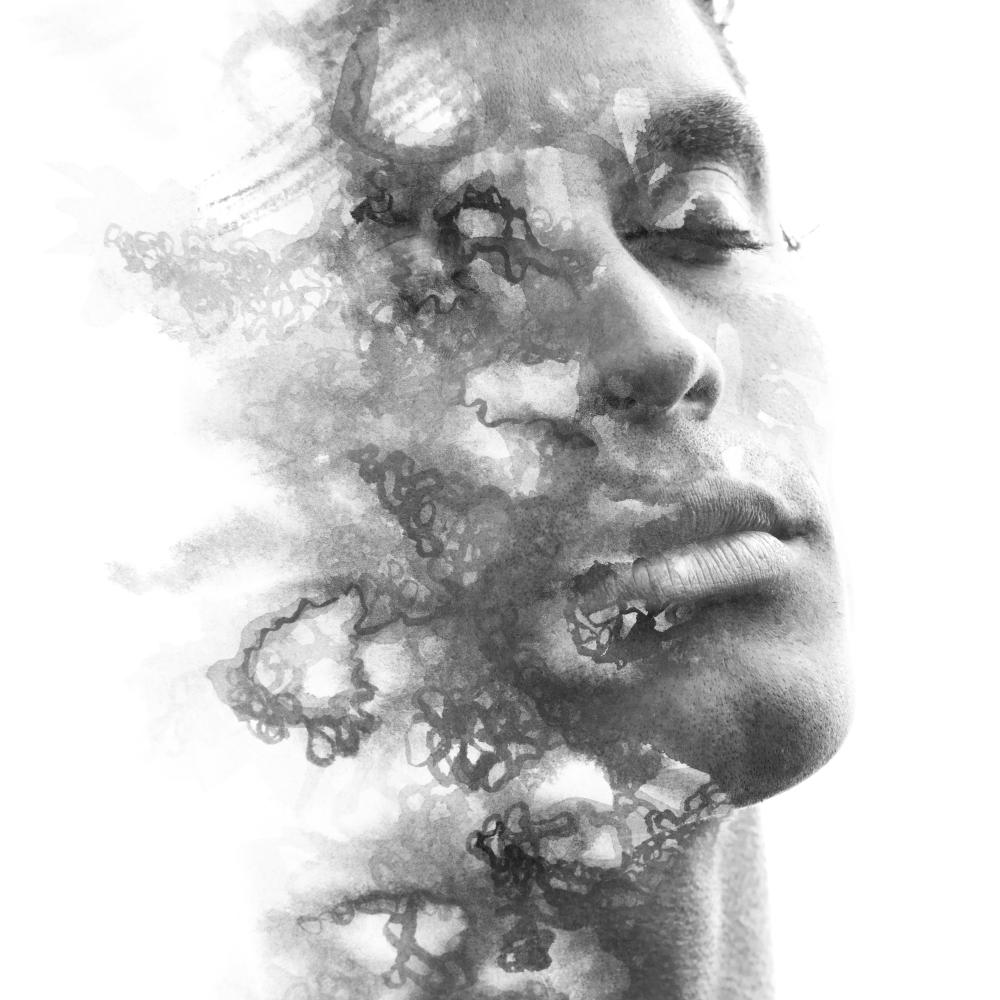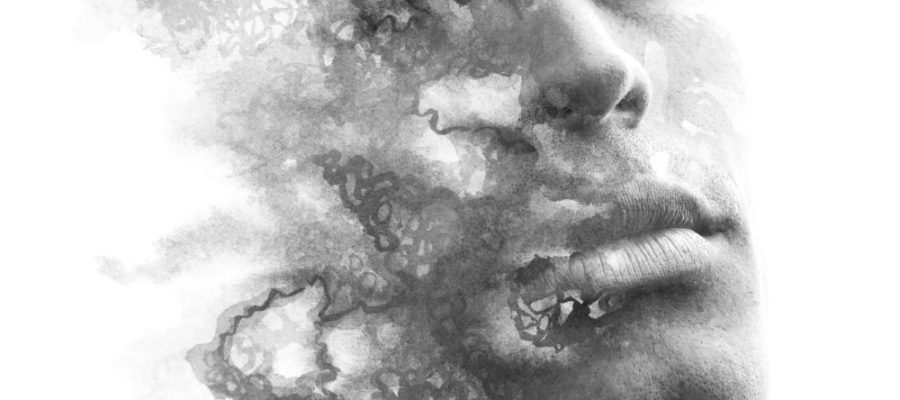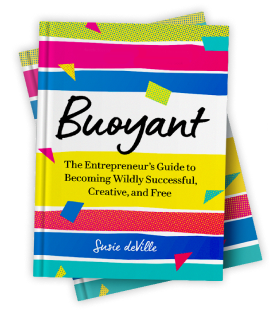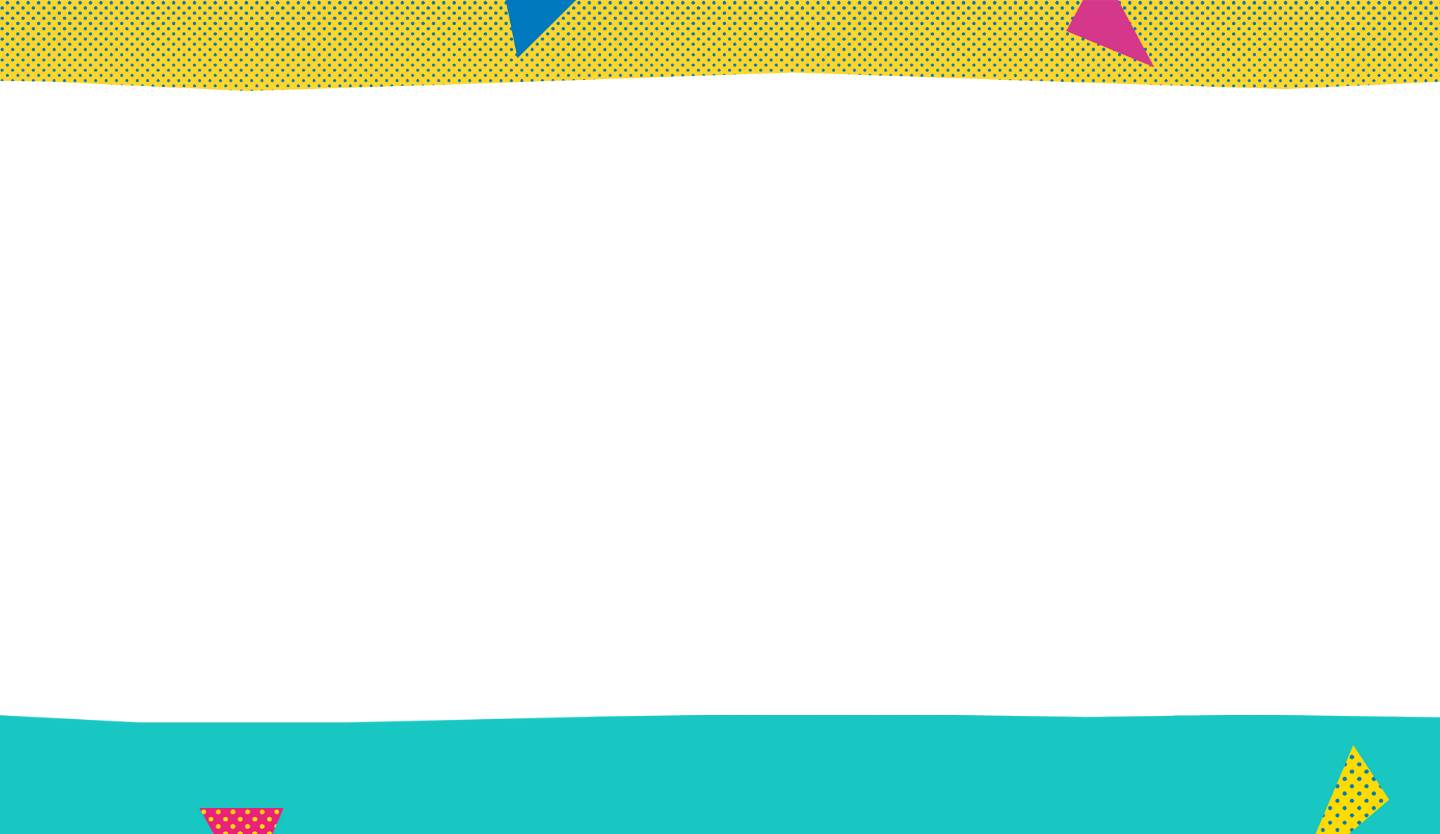When your load feels heavy or cumbersome, ask for help.
“There’s a lovely term in Irish, trína chéile, which means everything’s been turned upside down. The ability to let your experience turn upside down, to let yourself not know, to be trína chéile for a while, is very, very important.”
~ David Whyte, Listening in with … David Whyte
It had been a long 3 miles.
I got to the top of the second to the last steep incline on my hike and stopped for a bit of rest. I could feel grief welling up from my chest and hitting my cheeks with tears. A light breeze stirred from the valley up to the ridge and rustled the trees. I lifted my head to catch it.
I realized I had spent the last mile walking as if I were trying to scale Everest in a blinding snowstorm, with dwindling oxygen reserves. Head down, trudging forward, one laborious step after another.
The Emotional Weight We Carry
I had no idea why I was so sad. Its weight was an invisible, 100-pound pack upon my shoulders.
Maybe the isolation of the last six months was catching up with me? Nah…I mindfully chose to embrace the solitude while sinking fully into long stretches of concentrated work and creative output.
Was it worry or anxiety masquerading as sadness? Possibly.
Frustration and anger over national events? Possibly.
I knew enough to take an inner inventory in order to figure it out before I left the woods. Once back at my desk, I would have shifted into work mode, leaving introspection and diagnosis for another day.
I walked over to the edge of the trail and focused on a small waterfall formed by rain runoff. I let my gaze glaze over; my dog darted in and out of the stream looking for a suitable stick. There was no sound other than the water splashes and the soft jingle of Sophie’s name tag against her collar.
“This feels like a death of some kind,” I said aloud. And then, “Ohhhhhhhhhh, right. Mine.
The Dead Weight of Change
Four months ago, I decided to make a series of changes in my life. Many of those changes were reimagined, residual goals from the years prior, with progress that had stalled out or plateaued. I chose to recommit and tackle them anew.
Staring into the waterfall, I realized I was well on my way to accomplishing each of those life-changing goals. In fact, I was now only about eight months from the finish line. My 36-month, kaizen journey was not only within reach, but had already reformed my identity.
Kaizen is a Japanese term that means continuous improvement via a gradual and methodical process. I like to think of it as the ability to change your entire life, one small step at a time.
As wonderful as it is—to change everything you want to change—it requires a dissolving of one’s ego…the death of the old self. No matter how much pain we experience when we are stuck, this dissolving/dying part of the change process thrusts us into an odd and lonely grief that has a language that no one else speaks, other than our own inner voice.
It is up to us to let ourselves die into our new selves.
I think this dying into our new selves is what the subtitle of Joan Didion: The Center Will Not Hold (the wonderful documentary of Joan Didion’s life and work) means. Those of us who have baked failed soufflés or cakes know the image of a floppy center refusing to come together.
Joan describes it as feeling “paralyzed by the conviction that writing was an irrelevant act, that the world as I had understood it no longer existed. It was the first time when I had dealt directly and flatly with the evidence of atomization—the proof that things fall apart. If I was to work again at all, it would be necessary for me to come to terms with disorder.”
I, too, will have to come to terms with disorder—this atomization of the self—if I am going to stay the course for the next eight months and not turn back. I will have to be willing to feel the grief all the way through and not succumb to pangs of retreat for comfort’s sake.
It is very odd that the journey of changing one’s life for the better can feel really, really bad for most of the way. Even though we may be leaving the shore of a life that no longer serves us, the chaotic swirl sparked by our tiniest movement forward can make us feel intense motion sickness of the soul. And we don’t want to ask for help.
That nausea can lie to us, elaborately, urging us to believe our second guesses, as well as those looks over our shoulders toward the life we are watching fade ever smaller into the distance. A system—a person—undergoing massive transformation simply requires a gradual decline into disorder (for a certain period of time).
It feels impossibly heavy—toting the dead weight of our former self along with the next iteration of us.
Why Ask for Help?
We also have to take leave of our tendency…our allegiance…to crafting ourselves in the image of the concerns of others. We lower the emergency brake of how others want to shape us, and press firmly down on the accelerator of our true self.
A fading out before a fading in, with a new outline of us emerging.

We are at what mythologist, writer, and lecturer, Joseph Campbell, calls the Threshold…the moment we are at the edge of transforming our consciousness. Campbell counsels that we find our ultimate peace when we are not compelled by desire, fear, or by social commitments.
When we hold OUR center and act out of there.
In these moments that feel surreal and impossible (with disorder as the norm), as entrepreneurs and creators we can save the world by saving ourselves. We can spelunk our own depths for where we come alive and live it, bringing the world to life in the process.
Ask for help. Don’t walk past it. If you are intuiting that there’s a resource, a basket of knowledge, and/or a mentor you need, stop and look around. This precious help is often right under our noses.
Our tendency is to think somehow we are better off figuring it out on our own. We wrongly choose to wrestle with the cumbersome effort of going through it solo.
Look up the ladder to find the Sherpa who is a few steps further along the path than you. Someone who still feels (and, therefore, can readily empathize with) the tinge of being lost, but who has more dragon-slaying episodes under her or his belt than you. And ask for help.
It feels big because it is big! The right help, though, can help you atomize chunks of the disorder you find yourself in…at the very moment you are dissolving and stretching into becoming the person you long to be.
If you’d like to explore what help I hold in my basket and how to ask for help from me, please contact me for a free, 30-minute consult call. Here’s what we’ll cover during the call:
- What it is you want to have happen (your desired outcome)
- Where you are stuck or unclear
- Any and all obstacles you perceive to be in your path
- Setting a strategic path for solutions
Campbell says that the adventure we get is the one we are ready for. That it is a manifestation of our character.
We are ready.










